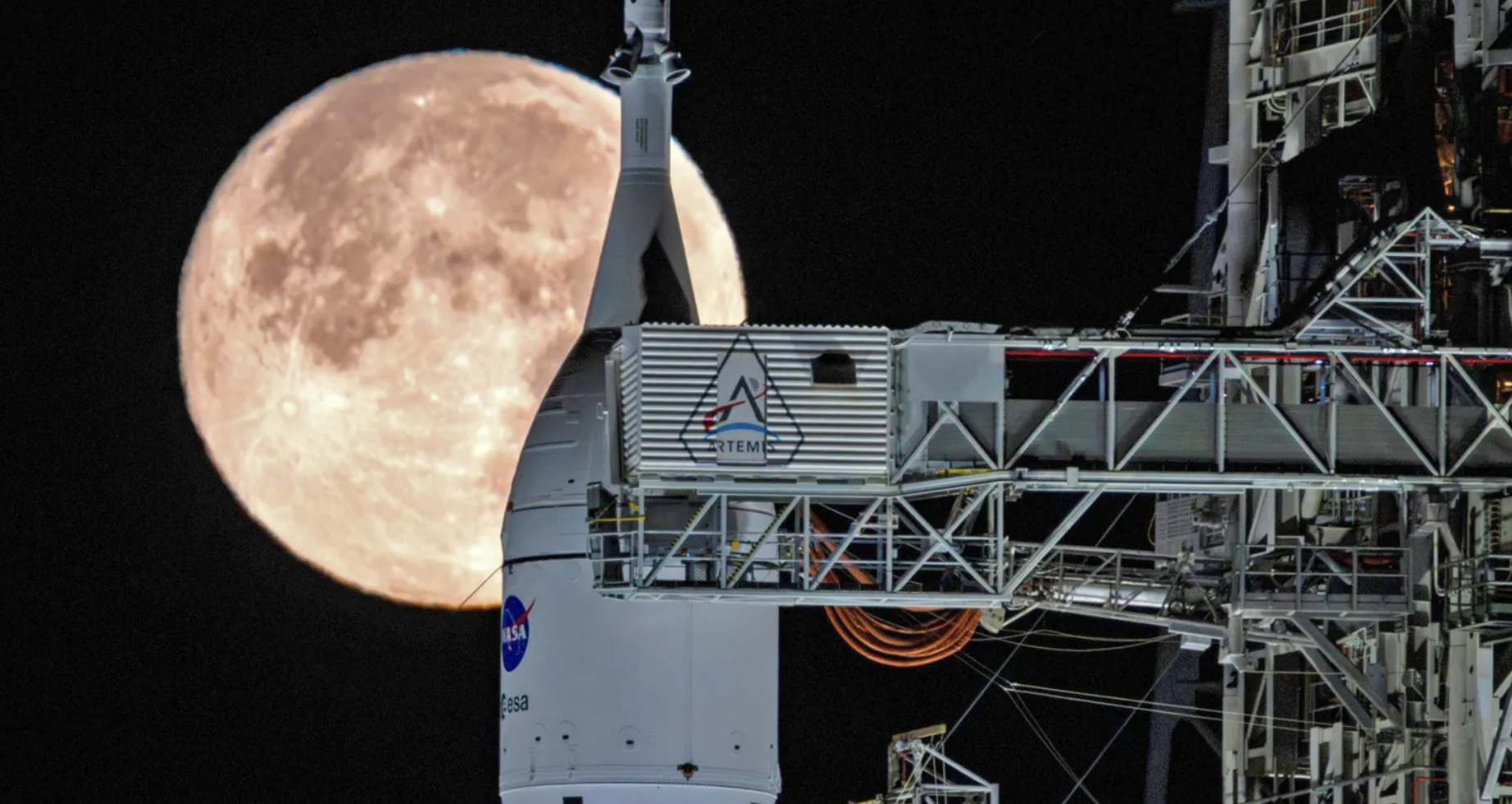Amazon is redefining its approach to promotions. CEO Andy Jassy recently announced that managing large teams will no longer be the main pathway to career growth within the company. Instead, Amazon will reward leaders who drive significant results with smaller, high-performing teams.

Why the Shift?
Jassy emphasized that smaller teams often produce bigger impacts. Historically, some of Amazon Web Services’ (AWS) most successful products started with just a dozen people. By limiting team sizes, the company encourages agility, faster decision-making, and innovation.
“There’s no award for having a big team,” Jassy said. “The best leaders are those who achieve more with fewer resources.”
Reducing Bureaucracy and Embracing Meritocracy
Amazon plans to increase the ratio of individual contributors to managers by 15%, aiming to reduce unnecessary managerial layers. Jassy emphasized a merit-based system where employees are promoted based on their contributions rather than their charisma or networking skills.
“What matters is what we actually get done for customers. That is what we reward,” he added.
Empowering Employees as Owners
Encouraging employees to act like owners is another pillar of the new policy. Jassy reminded staff that Amazon’s competitive edge comes from treating the business as their own.
“What would I do if this were my company? And by the way, it is your company. This is all of our company,” he said.
Adapting to Market Realities
With competition from agile startups operating seven days a week, Jassy underscored the need for Amazon to stay nimble. Prioritizing smaller teams allows Amazon to react quickly to market changes and continuously innovate.
Conclusion
Amazon’s shift to prioritize impact over team size reflects a broader focus on efficiency and innovation. Employees are encouraged to embrace a results-driven mindset, contributing directly to the company’s growth. By reducing bureaucracy and promoting meritocracy, Amazon aims to remain a dominant force in the e-commerce and cloud computing industries.












